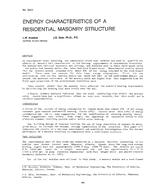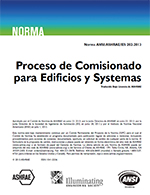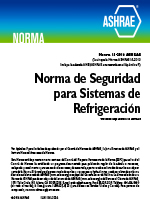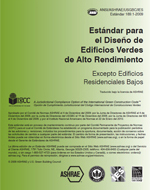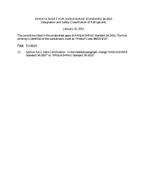Description
An experimental study involving two identically sized test modules was used to quantify the effects of masonry wall construction on the heating requirements of residential structures. The modules had identical basements and ceilings, and differed only in their above-grade walls one module had masonry walls, the other had wood framed walls. Experimental results showed that the masonry module consumed only about 80% of the energy consumed by the wood-framed module. There were two reasons for this lower energy consumption. First, the air infiltration rate for the masonry module was about 60% that of the wood-framed module, and second, the measured resistance of the masonry walls was higher than that suggested from the fully aged properties of the polyurethane insulation used.
Other results showed that the masonry walls affected the module’s heating requirements by distributing the heating load more evenly over the day.
A finite element analysis indicated that the steel reinforcing ties within the masonry walls should have had a significant effect on wall heat transfer, but this could not be verified experimentally.
Units: Dual
Citation: ASHRAE Transactions, 1987, vol. 93, pt. 1, New York, NY
Product Details
- Published:
- 1987
- Number of Pages:
- 15
- File Size:
- 1 file , 1.4 MB
- Product Code(s):
- D-NY-87-3043
